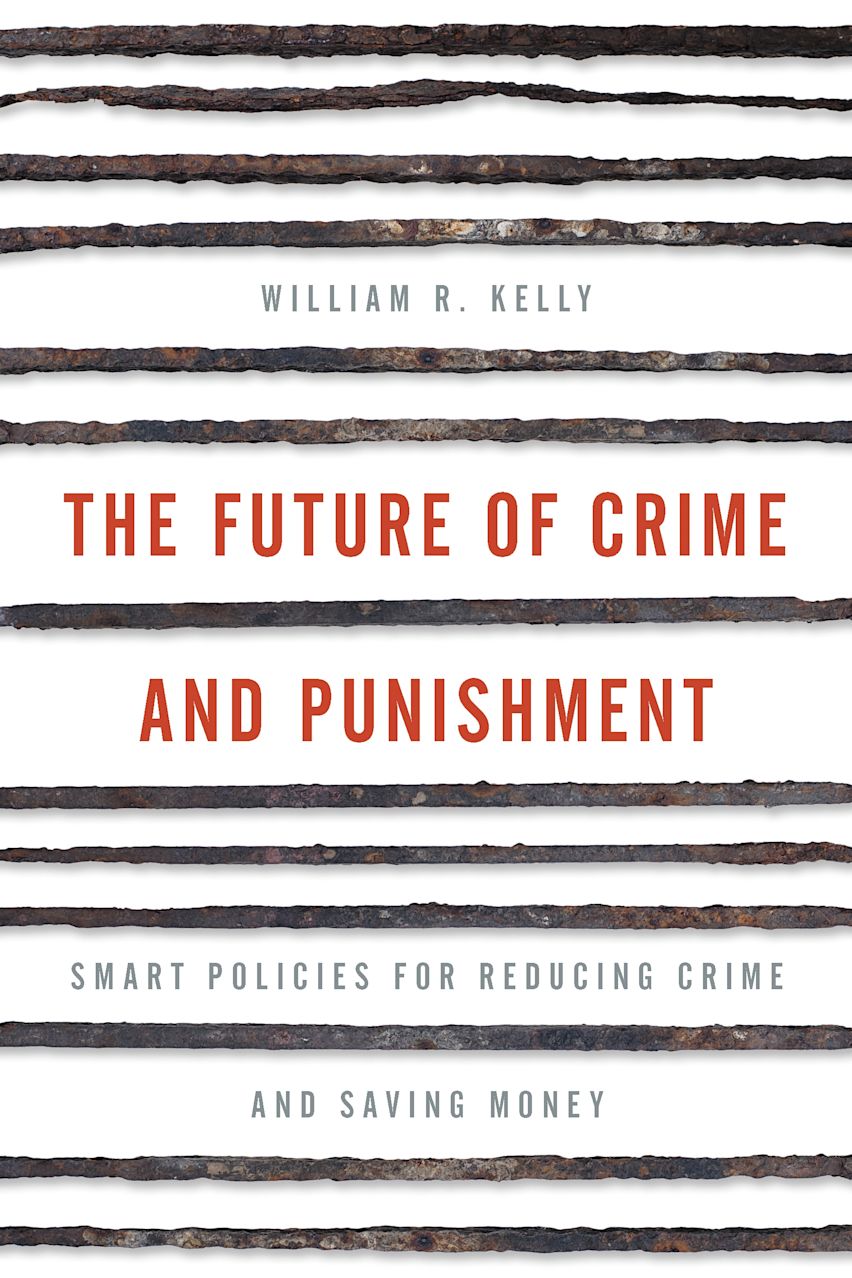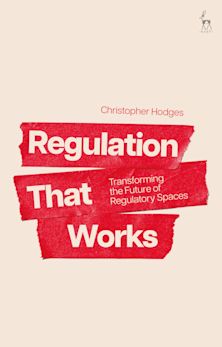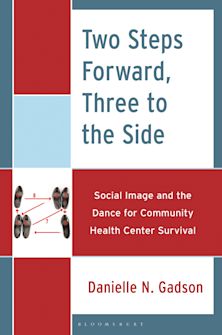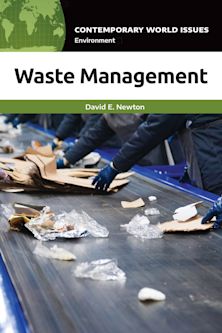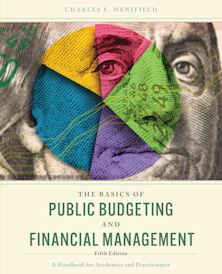- Home
- ACADEMIC
- Politics & International Relations
- Public Management, Administration and Policy
- The Future of Crime and Punishment
Select a format
The Future of Crime and Punishment
Smart Policies for Reducing Crime and Saving Money
The Future of Crime and Punishment
Smart Policies for Reducing Crime and Saving Money
You must sign in to add this item to your wishlist. Please sign in or create an account
Description
Today, we know that crime is often not just a matter of making bad decisions. Rather, there are a variety of factors that are implicated in much criminal offending, some fairly obvious like poverty, mental illness, and drug abuse and others less so, such as neurocognitive problems. Today, we have the tools for effective criminal behavioral change, but this cannot be an excuse for criminal offending. In The Future of Crime and Punishment, William R. Kelly identifies the need to educate the public on how these tools can be used to most effectively and cost efficiently reduce crime, recidivism, victimization and cost.
The justice system of the future needs to be much more collaborative, utilizing the expertise of a variety of disciplines such as psychology, psychiatry, addiction, and neuroscience. Judges and prosecutors are lawyers, not clinicians, and as we transition the justice system to a focus on behavioral change, the decision making will need to reflect the input of clinical experts. The path forward is one characterized largely by change from traditional criminal prosecution and punishment to venues that balance accountability, compliance, and risk management with behavioral change interventions that address the primary underlying causes for recidivism.
There are many moving parts to this effort and it is a complex proposition. It requires substantial changes to law, procedure, decision making, roles and responsibilities, expertise, and funding. Moreover, it requires a radical shift in how we think about crime and punishment. Our thinking needs to reflect a perspective that crime is harmful, but that much criminal behavior is changeable.
Table of Contents
1. American Criminal Justice: The Punishment is the Crime
2. The High Cost of Failure
3. Why People Commit Crime and What We Can Do About It
4. Diversion from Traditional Criminal Prosecution and Punishment
5. Changing Prosecution And Sentencing
6. Rethinking Punishment
7. Drugs, Guns and Gangs
8. Juvenile Justice: The Critical Opportunity
9. Conclusions
Product details
| Published | 14 Jul 2016 |
|---|---|
| Format | Ebook (PDF) |
| Edition | 1st |
| Extent | 266 |
| ISBN | 9798881854393 |
| Imprint | Rowman & Littlefield |
| Illustrations | 3 graphs |
| Publisher | Bloomsbury Publishing |
About the contributors
Reviews
-
Sociology professor Kelly provides a well-reasoned, if familiar, critique of the American criminal justice system, along with thoughtful prescriptions for revolutionary reform. Despite the trillions the U.S. has spent over the last four decades on criminal justice and the war on drugs, crime has not been significantly reduced. For Kelly, that failure is inextricably linked with the system’s focus on punishment, which often includes incarceration, as a response to criminal behavior. Such policies ignore many reasons for criminality, including substance abuse, mental illness, and poor education, and Kelly is persuasive in describing how 'behavior change interventions... can reduce crime, recidivism, victimization, and cost.' His balanced approach, which includes an understanding of the historical and societal forces that led to the Nixon-era War on Crime and its successor.
Publishers Weekly
-
Between 1972 and 1984, state and federal prison populations doubled. From 1984 to 1992, incarceration doubled again. Then it doubled once more from 1992 to the present. This represents a pinnacle in a sordid kind of way: the land of the free has been for some years now the most punitive nation in modern times. Meanwhile, the recidivist rate is awful. Why has the so-called correctional system gone so wrong? In this brilliant book, Kelly, a sociologist at the University of Texas at Austin, has a lot to say. His book is less about the future of crime and punishment than an analysis of the country's defective status quo. Kelly observes that crime occurrences have complex antecedents—neurological, psychological, and social. Punishment has little utility in reducing crime, he believes. But the recipe for carceral excess has been perfected: choose incarceration as the punishment of choice for a growing list of crimes. Ignore factors like drug and alcohol addiction, mental illness, and intellectual capacity in sentencing. Next, dump offenders in facilities where transformative treatment, if any, is dubious. Then, release offenders to the community without full support. They'll come back; we'll pay. Summing Up:Essential. All levels/libraries.
Choice Reviews
-
In The Future of Crime and Punishment: Smart Policies for Reducing Crime and Saving Money, William Kelly tells us where crime and justice policy has been and where it needs to go. Drawing on a wealth of scholarship, Kelly incisively diagnoses the misdirections and misspending that have left America holding the tab, with far too little to show for it. More importantly, he identifies critical lessons from mistakes of the past and presents compelling, research-based strategies for advancing public safety and justice.
Daniel P. Mears, Professor of Criminology at Florida State University
-
Consensus now exists that the punishment paradigm that guided American criminal justice policy for four decades is bankrupt. William Kelly diagnoses why this is so but, more importantly, instructs us on how, at this unique policy turning point, to be smart rather than tough on crime. Clearly written and compellingly argued, this volume is an invaluable resource for scholars and ideal for classroom use.
Francis T. Cullen, Distinguished Research Professor Emeritus, University of Cincinnati
-
William Kelly offers a comprehensive, insightful look into the world of criminal justice that is presented in layman terms. This work can be easily comprehended by the student learner and yields information that is valuable for the seasoned practitioner. Kelly grabs the reader from the initial pages and maintains that level of engagement as he takes the reader on a historical journey through the US criminal justice system – hitting on major political and policy elements that have contributed to mass over-incarceration. His perspective is extremely accurate and on target. In addition to discussing the problem with the current state of corrections within the United States criminal justice system, Kelly shares plausible solutions which build upon contemporary models that have enjoyed some success. This book is a must read for everyone who has ever considered our criminal justice system and asked "how did we get here?" or "how can we fix it?".
Maxine L. Bryant, Phd, professor of criminal justice, Armstrong State University, Savannah, GA
-
This book is a must read for anyone interested in understanding why punishment alone will not work in changing criminal behavior. William Kelley offers a thought provoking analysis of the criminal justice system and provides a road map for changing how we do business.
Edward Latessa, Professor, School of Criminal Justice, University of Cincinnati











